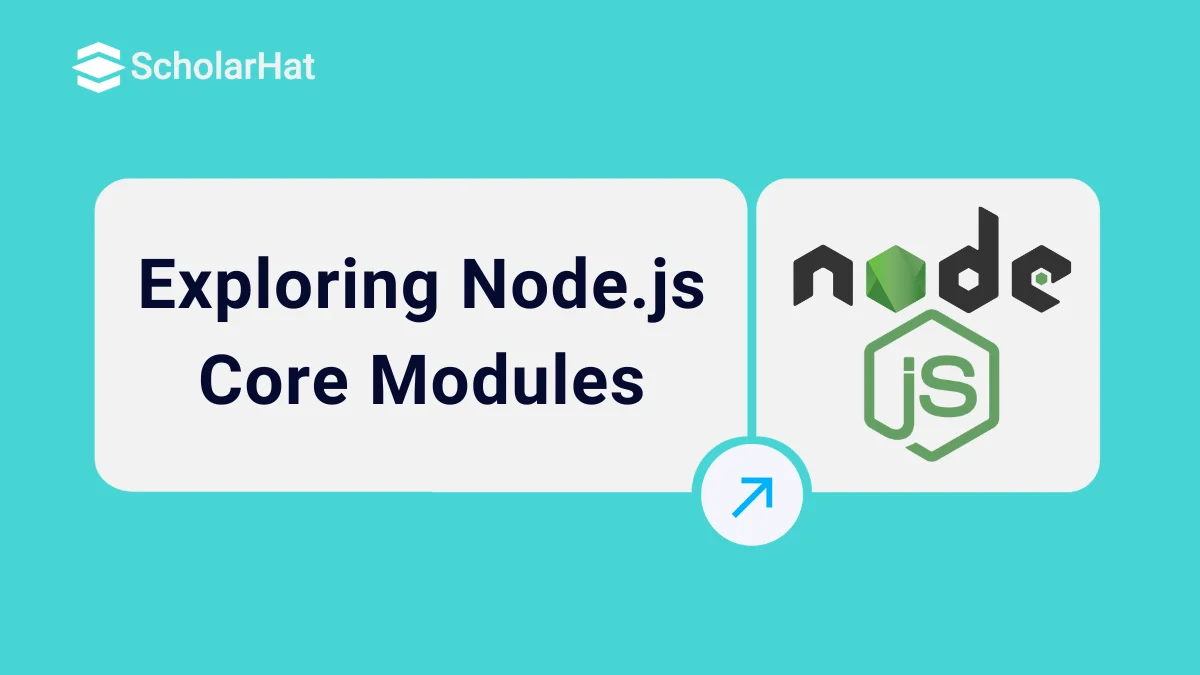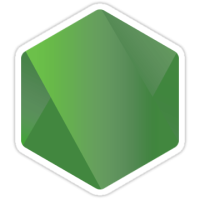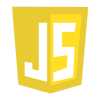Exploring Node.js Core Modules
Learn with an interactive course and practical hands-on labs
Free Node.js Course with Certification for Beginners [2025]
A module is a collection of JavaScript code which encapsulate related code into single unit of code. Node.js has a simple module loading system.
Node.js Free Course With Certificate is a great way to deepen your understanding of modules and learn how they work in practice.
A developer can load a JavaScript library or module into his program by using require method as given below:
var http = require('http');
Read More - Node JS Interview Questions for Experienced
Node.js Core Modules
Node.js comes with many core modules which are compiled to binary when node.js is installed. There is a list of node.js core modules with links to documentation.
Assert
It is used by Node.js for testing itself. It can be accessed with require('assert').
Buffer
It is used to perform operations on raw bytes of data which reside in memory. It can be accessed with require('buffer').
Child Process
It is used by node.js for managing child processes. It can be accessed with It can be accessed with require('child_process').
Cluster
This module is used by Node.js to take advantage of multi-core systems, so that it can handle more load. It can be accessed with require('cluster').
Console
It is used to write data to console. Node.js has a Console object which contains functions to write data to console. It can be accessed with require('console').
Crypto
It is used to support cryptography for encryption and decryption. It can be accessed with require('crypto').
Debugger
It is used for code debugging. To use this, start Node.js with the debug argument and for debugging add debugger; statement in your code.
DNS
It is used to perform operations like lookup and resolve on domain names. It can be accessed with require('dns').
Events
It is used for events handling in node.js. In node.js, events are emitted by other node objects. It can be accessed with require('events').
File System
It is used to perform operations on files. It can be accessed with require('fs').
HTTP
It is used to create Http server and Http client. It can be accessed with require('http').
Net
It used to create TCP server and client which can communicate over a network using TCP protocol. It can be accessed with require('net').
OS
It is used to provide basic operating system related utility functions. It can be accessed with require('os').
Path
It is used to perform operations on paths of files. It can be accessed with require('path').
Process
It is a global object and provides information related to the program execution. You do not need to load it using require() method.
Query String
It is used to deal with query strings.
Stream
It is used to stream data between two entities. It can be accessed with require('stream').
Timers
All of the timer functions are global and deals with time. You do not need to load it using require() method.
Url
It is used for URL resolution and parsing. It can be accessed with require('url').
Util
It is primarily designed to support the needs of Node.js's internal APIs. It is also useful for debugging. It can be accessed with require('util').
Vm
It provides an access to V8 virtual machine to compile and execute JavaScript code. It can be accessed with require('vm').
Zlib
It is used to compress and decompress data. It can be accessed with require('zlib').
What do you think?
I hope you have got the name and uses of Node.js core modules. I would like to have feedback from my blog readers. Your valuable feedback, question, or comments about this article are always welcome.
Consider checking out a Node.js Free Course if you want to further improve your skills and become a Node.js expert.
Take our Nodejs skill challenge to evaluate yourself!
In less than 5 minutes, with our skill challenge, you can identify your knowledge gaps and strengths in a given skill.
GET FREE CHALLENGE













